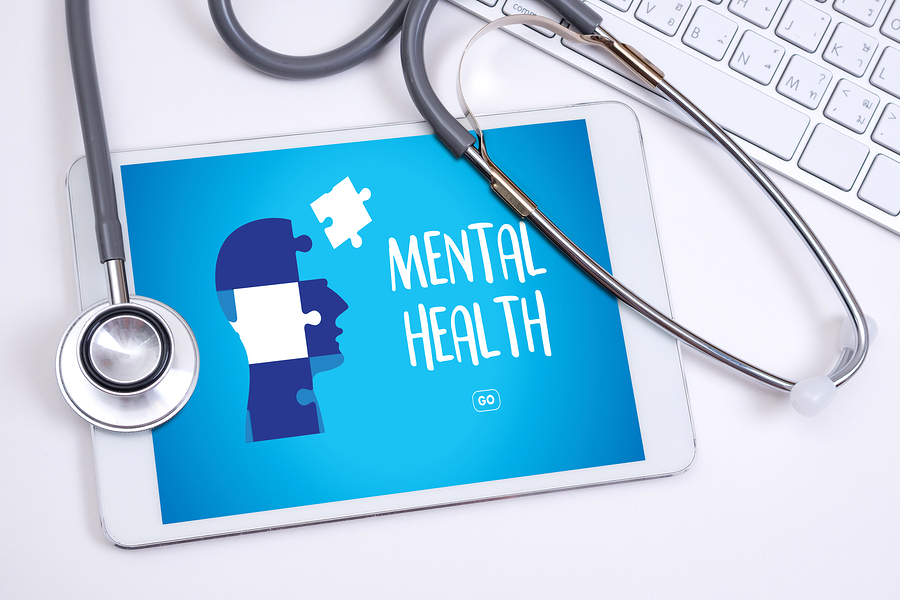Recognising common warning signs of mental illness
Better awareness means more than ever we know that a mental illness can be just as disruptive as a physical one.
But better understanding of mental health issues doesn’t always mean we understand and recognise its symptoms.
Unlike other illnesses like the flu or a diagnosis of cancer, the symptoms of mental illness are rarely visible.
While every person and mental health experience is different, there’s a handful of common symptoms and warning signs that can help you recognise when you or someone you love might be struggling.
Feeling sad or down
Most people feel sad or down from time to time, but this typically lasts for short periods of time. If you’re feeling sad or down – and can’t explain why – or can’t seem to shake the feeling for days or weeks at a time, it may be a sign that something is wrong. Loss of energy and enthusiasm is very common in depression, and can happen during difficult times, like a bereavement, but also during good times, where you think you should otherwise “feel happy”.
Withdrawal
A common warning sign of mental health struggles is withdrawal; from social interactions, friends, family members or hobbies and activities that were once enjoyed. Apathy is another closely related symptom.
Sleep and appetite changes
Marked shifts to sleep and appetite can also signal something isn’t right. For example, mental illnesses like anorexia or depression are often first noticed with shifts to the way people eat and behave around food. Sleep changes can signal anxiety or depression – for some, when struggling with mental health sleep proves elusive. Others begin sleeping more frequently, sometimes for long periods through the day.
Problems thinking or focusing
If you or someone you love is having trouble thinking or focusing for long periods of time and the reason is unexplained, it could be down to mental wellbeing. Difficulty concentrating, following logical thoughts, and even struggling with memory can all be warning signs of mental illness.
Psychosis
Psychosis can be an indication that you’re having a mental health episode or struggling with severe depression. Delusions, paranoia, hallucinations, and hearing voices are all common, and can present themselves in different ways. These symptoms can be frightening because they feel very real.
Recognising symptoms
Mental illness is an umbrella term that covers a range of different illnesses, and if you’re experiencing symptoms it doesn’t necessarily mean you have a mental illness.
But if you do recognise some of these symptoms in yourself and others, don’t dismiss them; if one or more of the symptoms are listed above are getting in the way of your ability to work or enjoy life, make an appointment to speak with your GP.
Everyday we understand more about mental illness and have better resources to help people – some services are covered on the NHS, while other charities offer brilliant support group, advice and resources for free.
Do you think about your own mental health and notice it in others?
Rachel - Silversurfers Assistant Editor
Latest posts by Rachel - Silversurfers Assistant Editor (see all)
- Warming Soups - November 15, 2024
- What’s your favourite scary film? - October 26, 2024
- Easy Traybakes for National Baking Week - October 14, 2024
- Practical tips for living with arthritis - October 11, 2024
- 10th October is World Mental Health Awareness Day - October 8, 2024





















